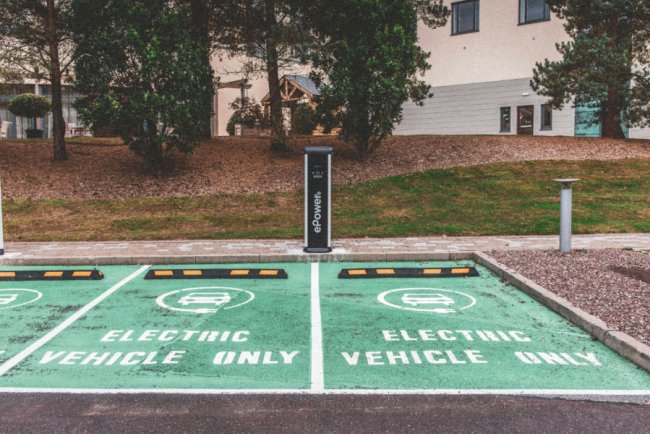India's Strategic Push for Sustainable Transport: A Roadmap to Net-Zero Emissions
India's NAPCC introduces a sustainable transport mission aimed at reducing carbon emissions through electric vehicles and improved public transportation, aligning with the country's net-zero target by 2070.Explore India's strategic push for sustainable transport under the NAPCC, focusing on electric vehicles, infrastructure development, and policy reforms to achieve net-zero emissions by 2070.

India's Strategic Push for Sustainable Transport: A Roadmap to Net-Zero Emissions
India is intensifying its efforts to transition towards sustainable transport as part of its broader climate action agenda. The National Action Plan on Climate Change (NAPCC) has been instrumental in steering the country toward this goal, with the addition of a dedicated mission on sustainable transport. This initiative aims to reduce the carbon footprint of the transportation sector, which is a significant contributor to India's greenhouse gas emissions.
The transportation sector in India is heavily reliant on fossil fuels, with road transport accounting for a substantial share of carbon emissions. The government's focus is on shifting towards cleaner alternatives, including electric vehicles (EVs) and promoting multi-modal transport systems. The implementation of the NAPCC's sustainable transport mission is expected to lead to a significant reduction in emissions, aligning with India's commitment to achieving net-zero emissions by 2070.
Key components of the mission include the development of infrastructure to support EVs, such as charging stations, and the promotion of policies that encourage the adoption of clean technologies. Additionally, there is an emphasis on enhancing public transportation systems to reduce the number of private vehicles on the road, thereby decreasing overall emissions. The integration of these strategies is anticipated to not only mitigate environmental impact but also improve urban air quality and public health.
The success of the sustainable transport mission hinges on collaborative efforts between the central and state governments, private sector participation, and public awareness. States are encouraged to align their policies with the NAPCC's objectives, ensuring a cohesive approach to sustainable transport across the country. Public-private partnerships are also being fostered to accelerate the development and deployment of clean transportation technologies.
In conclusion, India's sustainable transport mission under the NAPCC represents a comprehensive approach to addressing the environmental challenges posed by the transportation sector. By focusing on clean technologies, infrastructure development, and policy support, India is paving the way for a more sustainable and environmentally friendly transport system. This initiative not only contributes to global climate goals but also enhances the quality of life for its citizens by promoting cleaner air and reducing the health impacts associated with pollution.
What's Your Reaction?

















